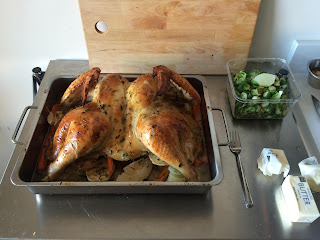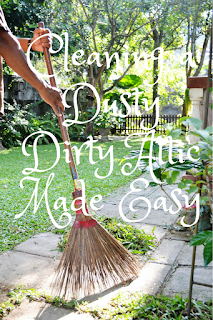Everything You Need To Know About Home First Aid For Nose Bleeds
Nosebleeds can be a real pain! Here you are wearing a nice shirt and your nose starts pouring like a faucet, you wipe it only to discover your tissue is drenched in red. What now? We've got everything you need to know about first aid for nosebleeds, so read on!
What causes nosebleeds?
Nosebleeds are very common and for the most part are nothing to worry about. They can usually be stopped in a matter of minutes, but what causes them anyway?
Causes of nosebleed may include:
- Dry air
- Nose picking
- Some nasal sprays or nasal inhalers
- Frequently blowing the nose
- A foreign object in the nasal cavity
- Some medications
- Allergies
- High blood pressure
- A cold
- Low platelet counts
- Deviation of the nasal septum
- Hemophilia B or Christmas Disease (rare)
- Leukemia
- Factor X Deficiency
- Barotrauma of the ear
- Ebola
- Idiopathic Thrombocytopenia Purpura (ITP)
- Osler-Weber-Rendu Disease
- Glomerulonephritis
- Cocaine addiction
- Skull fractures
- Acquired Platelet Function Disorder
- Von Willebrand Disease
- Factor II Deficiency
- Factor V Deficiency
- Factor VII Deficiency
- Rheumatic Fever
- Cirrhosis
- Celiac Disease
- Leishmaniasis
- Aortic Coarctation
- Acute Lymphocytic Leukemia
- Acute Myeloid Leukemia
Some of these are more common than others and a nosebleed is usually not a cause for alarm.
What is first aid for nosebleeds anyway?
The first thing to do is lean forward and pinch the bridge of the nose. Tissues to catch the bleeding are helpful here as well. Pinch the bridge of the nose tightly and keep the pressure consistent until bleeding stops.
If it's been a few minutes and bleeding continues then try taking an ice pack or frozen peas from the fridge and placing them on the back of the person's neck and continue holding firm pressure to the bridge of the nose.
If you are outdoors or have some nearby then yarrow is said to be excellent for nosebleeds. Simply pull the stalk, open the stem with your nail, fold in half, and push into the bleeding nose for relief. Leave the ends out for easy removal later. Do not use yarrow if you are allergic to this plant. Also do not use this plant if you are allergic to ragweed, marigold, daisies, or chrysanthemums. Also do not use if you take blood thinners, lithium, sedatives, or if you are having surgery in two weeks or less time.
If this doesn't work then good old Afrin from your medicine cabinet may help. Follow the package directions and avoid this spray if you are allergic any ingredients or if you are taking any medications listed on the cautionary label. Those with high blood pressure, diabetes, and kidney or heart disease should avoid this medication as well.
If this fails it may be time for a trip to the ER where they can handle things for you. The providers in the ER may pack the nose, cauterize bleeding tissue or even use cocaine in rare cases to stop bleeding. It's important to note that cocaine is a scheduled and controlled substance kept under lock and key. This drug is not prescribed to patients, but may be used in dentistry and is often used in sinus surgery to reduce bleeding and swelling during surgery and to reduce bleeding risks after surgery as well. It may also provide pain relief during this type of surgery. Long-term recreational cocaine use, however, may have damaging effects to the nasal septum.
What should I avoid in first aid for nosebleeds?
Don't hold your head back! Please don't, really, you'll only end up feeling sick to your stomach or vomiting. This is because the body cannot digest raw blood and it will irritate the lining of your stomach so remember to hold the head forward with the forehead toward the floor.
If there is a foreign object in the nose don't try to force it out. See a doctor or urgent care center for assistance with its removal.
If nosebleeds become persistent it's important to see your doctor.
Once the nosebleed has stopped do not pick your nose and try to avoid blowing the nose for a few hours at least, overnight is better to allow healing and prevent your nose bleeding again.
As always this article is for entertainment and educational purposes only. This does not replace the medical advice of a trained medical professional nor is it intended to cure or treat any disease. Please discuss all medications with your healthcare provider before changing or beginning medications.





Comments
Post a Comment